Category Archives for AWS Solutions Architect
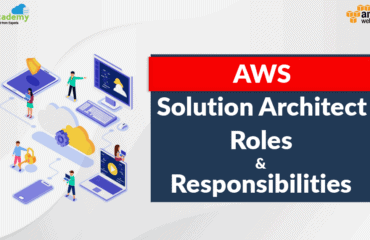
Roles and Responsibilities of AWS Solutions Architect
After becoming an AWS Certified Solutions Architect, many questions would come to your mind that what will be my roles, what would be my responsibilities as a Solutions Architect. Conducting architectural analysis and designing a complex company level solution configuration is a part of day to day job of a Solutions Architect. To know more […]
Read More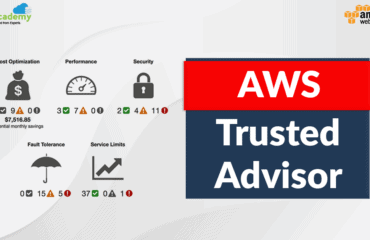
AWS Trusted Advisor: Everything You Need to Know
AWS Trusted Advisor is your personal cloud expert! It helps you to provide best practices for AWS by inspecting your AWS environment with a motto toward saving money, improving system performance and reliability, and closing security gaps to protect. Check out the blog post at https://k21academy.com/awsdevops19, where we are going to cover the important things […]
Read More
AWS Virtual Private Cloud (VPC)
AWS Virtual Private Cloud enables you to launch AWS resources into the virtual network and you can have full control over who has the access to the resources that you have placed inside your AWS VPC. It is an on-demand configurable pool of shared computing resources and provides a certain level of isolation between different […]
Read More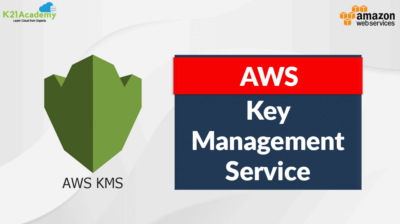
Amazon AWS Key Management Service (KMS)
AWS KMS is a managed service that enables you to easily encrypt your data. AWS KMS provides a highly available key storage, management, and auditing solution for you to encrypt data within your own applications and control the encryption of stored data across AWS services. To know more about KMS, check this blog post at […]
Read More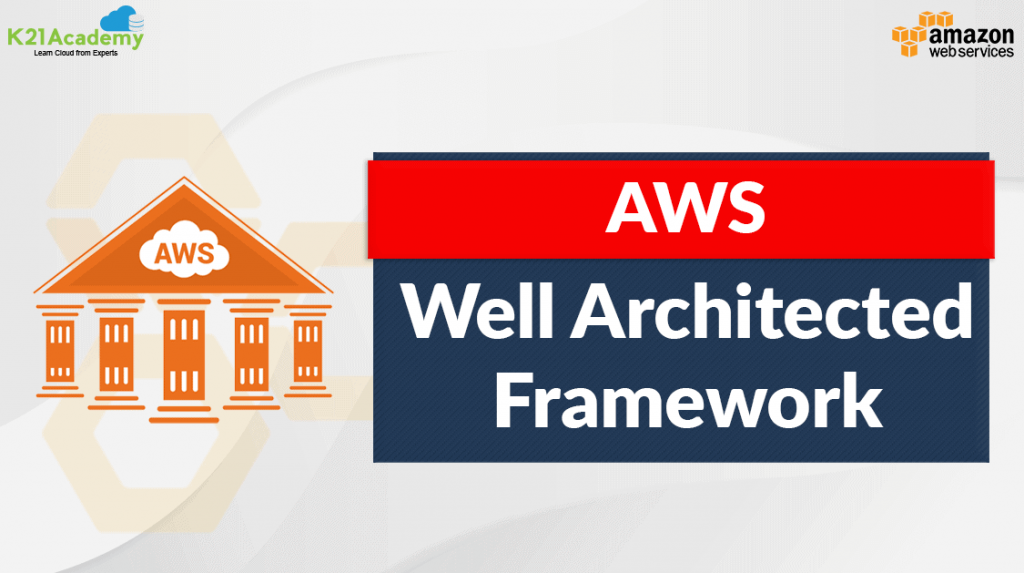
Case Study: 5 Pillars Of AWS Well-Architected Framework
Essentially, a well-architected Amazon AWS framework is a concept of architecting cloud infrastructure for performing, resilient, and efficiency. The 5 pillars are the deciding factor that makes applications and workloads well architected. It seems simple and not important but trust us this is what separates an expert from the rest. Read the blog post at […]
Read More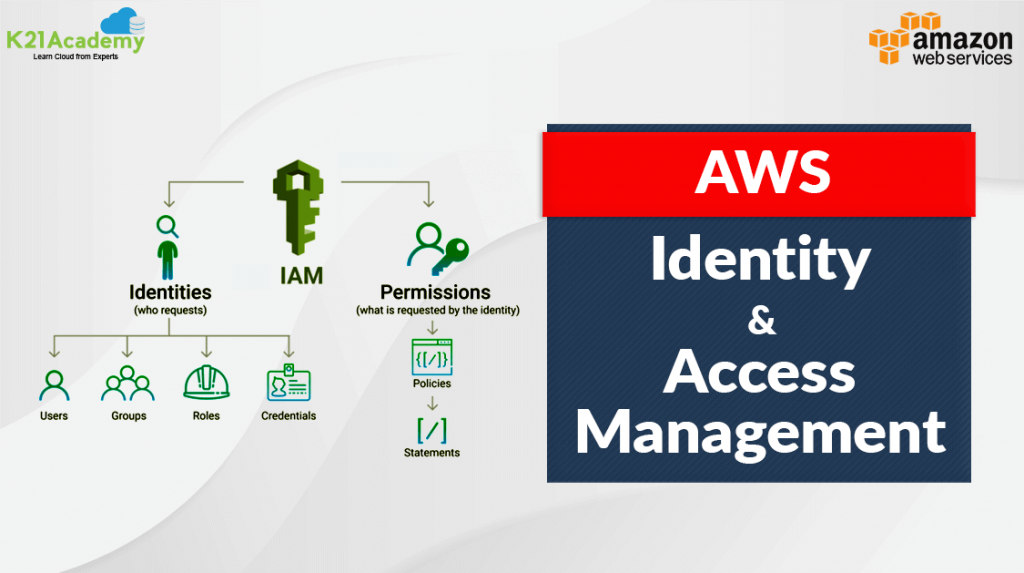
AWS Identity And Access Management (IAM)
AWS IAM is the heart of the AWS security because it empowers you to control access by creating users and groups, assigning specific permissions and policies to specific users, Managing Root Access Keys, setting up MFA Multi-Factor authentication, for additional security, and so much more. And the cherry on top, IAM is free to use! […]
Read More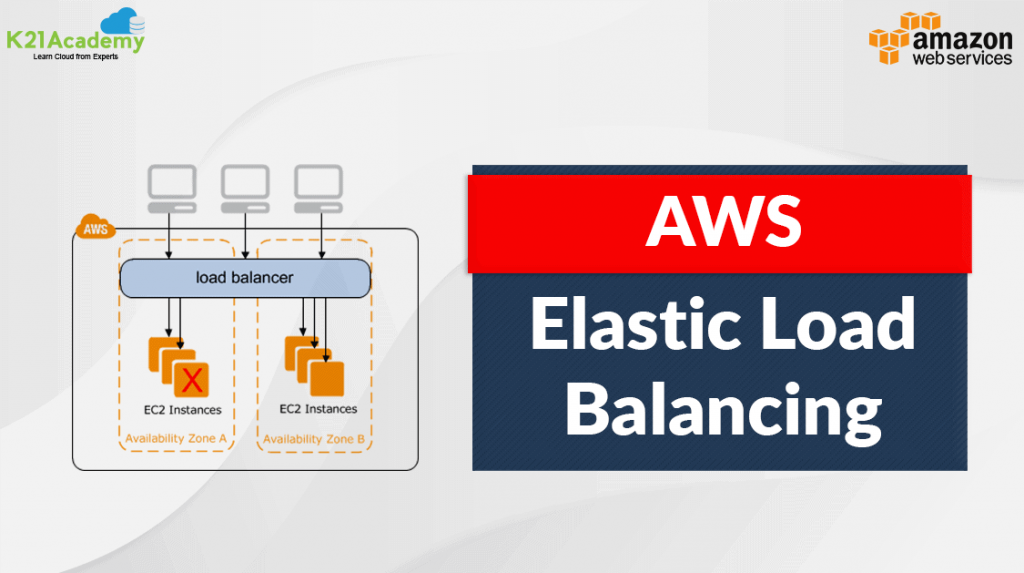
AWS Elastic Load Balancing: Overview And Types
Elastic Load Balancing (ELB) is a load-balancing service for AWS deployments. It automatically distributes incoming application traffic and scales resources to fulfill high traffic demands. Check out the blog at k21academy.com/awssa20 for a better understanding of AWS Elastic Load Balancing. In this blog, we will cover: – AWS Elastic Load Balancing (ELB)AWS IAM — Key Features – […]
Read More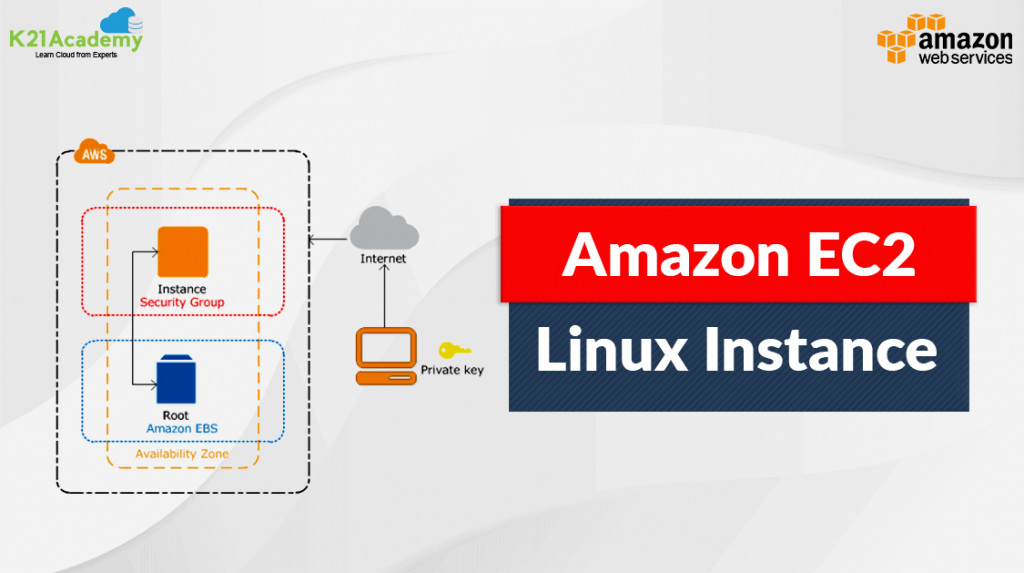
Creating AWS Elastic Compute Cloud EC2 Instance
EC2 Elastic Compute Cloud —>It is a computing service provided by AWS. There are 6 main types of Instances to fit different use cases. Check out the blog post-https://k21academy.com/awssa18 which covers: • Elastic Compute Cloud EC2 Instance • Features of AWS EC2 Instance • How To Create An EC2 Instance • Accessing EC2 Instance through […]
Read More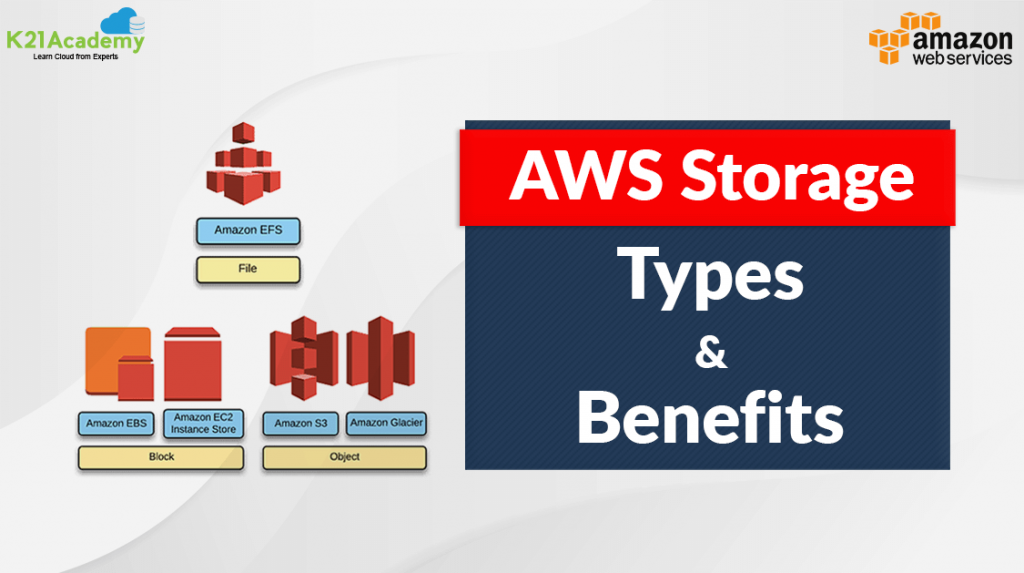
AWS Storage: Overview, Types & Benefits
Over the years, Amazon Web Services (AWS) data storage has been diversified vastly to cater to varying needs. Amazon Web Services (AWS) offers different types of storage services, low-cost data storage with high durability, and high availability. Check out the blog at k21academy.com/awssa16 for a better understanding of AWS Storage services.In this blog, we will […]
Read More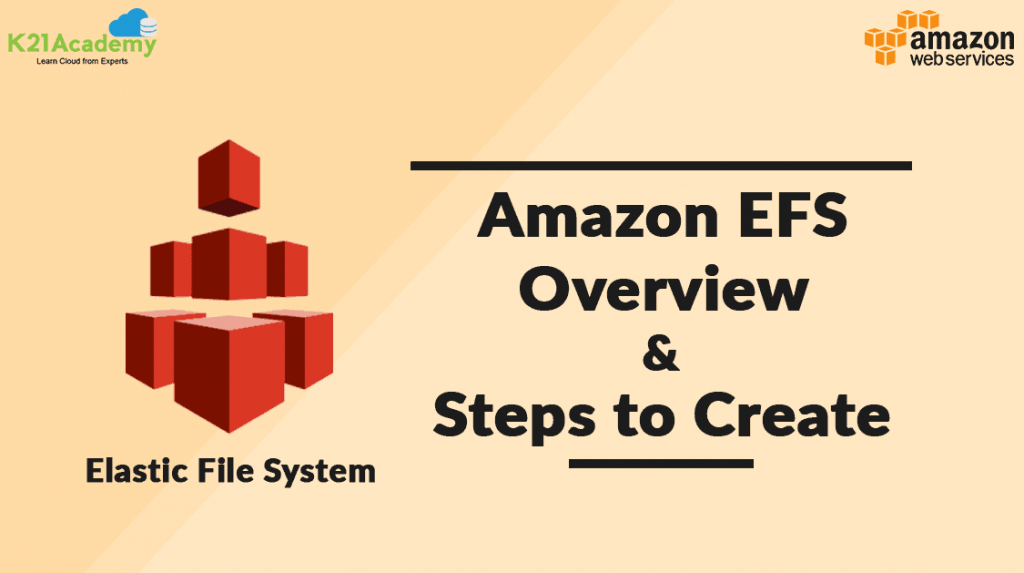
Amazon Elastic File System (EFS): Overview And Steps To Create
AWS Elastic File System is Amazon Web Services’ latest storage solution and is a fully managed, simple, and scalable file storage to use with EC2 instances. As the name suggests, it grows and shrinks automatically with your storage needs and EC2 instances can access EFS using NFS (v4.1), over multiple availability zones at low latency […]
Read More